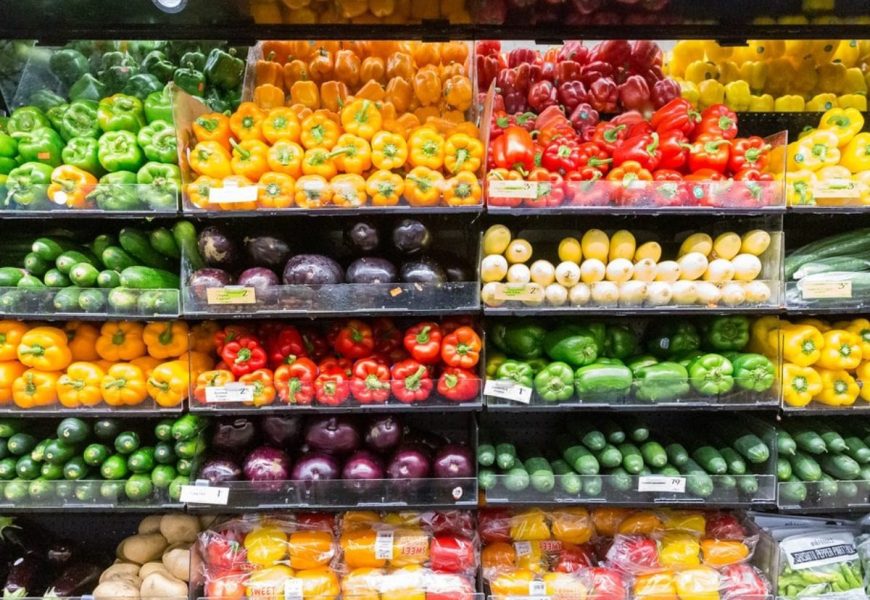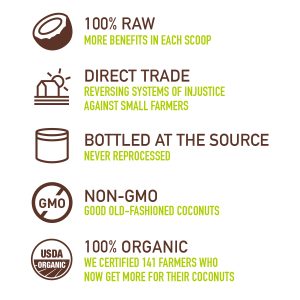In a world where the global population continues to grow, and environmental concerns escalate, minimizing food waste has become a critical component of sustainable living. The staggering amount of food wasted each year not only impacts individual households but also contributes to environmental degradation and resource depletion. This article explores effective strategies to combat food waste, emphasizing the importance of mindful consumption, responsible food management, and the collective effort needed to build a more sustainable future.
1. Plan Meals and Shop Mindfully:
One of the most effective ways to minimize food waste begins before you even step into the kitchen. Planning meals in advance and creating a shopping list based on those plans helps you buy only what you need. This reduces impulse purchases and ensures that every item in your cart has a purpose, minimizing the likelihood of unused ingredients languishing in your pantry or refrigerator.
2. Understand Food Labels:
Understanding date labels on food products is crucial in preventing unnecessary waste. “Best by,” “use by,” and “sell by” dates can be confusing, leading many to discard perfectly good food. Educate yourself on what these labels mean and trust your senses. Often, food is still safe to eat beyond the labeled date, contributing to both waste reduction and financial savings.
3. Embrace the FIFO Method (First In, First Out):
Implementing the FIFO method in your kitchen ensures that older food items are used before newer ones. Arrange your pantry and refrigerator with older products at the front, making it easier to spot and use them before they expire. This simple organizational approach helps prevent the unintentional neglect of items pushed to the back.
4. Proper Storage Practices:
Understanding how to store different types of food optimally is crucial for prolonging their freshness. Utilize airtight containers for leftovers, store fruits and vegetables separately to prevent premature ripening, and be mindful of temperature and humidity requirements for various perishables. Proper storage not only extends the shelf life of food but also maintains its nutritional value.
5. Utilize the Entire Ingredient:
Many food items, especially fruits and vegetables, have parts that are often discarded but are perfectly edible and nutritious. For example, use vegetable peels in broths or compost, turn fruit peels into zest or infuse water, and explore creative recipes that use stems, leaves, and other typically discarded parts. This not only minimizes waste but also maximizes the nutritional value of your ingredients.
6. Batch Cooking and Freezing:
Batch cooking is a valuable strategy to prevent both over-purchasing and over-cooking. Prepare larger quantities of meals and freeze portions for later use. This not only ensures that prepared food doesn’t go to waste but also provides convenient, ready-to-eat options on busy days, reducing the temptation to order takeout and contributing to overall sustainability.
7. Composting:
Composting is an eco-friendly way to dispose of food scraps and reduce the amount of waste sent to landfills. Fruit and vegetable peels, coffee grounds, and eggshells are just a few examples of kitchen waste that can be composted. Setting up a composting system not only diverts waste from landfills but also creates nutrient-rich compost that can be used to enrich garden soil.
8. Donate Excess Food:
If you find yourself with surplus non-perishable items or unopened packaged foods that you won’t use, consider donating them to local food banks or community organizations. Many people face food insecurity, and redistributing excess food contributes to social sustainability while minimizing waste.
9. Educate Yourself on Portion Sizes:
Understanding appropriate portion sizes helps prevent overeating and reduces the likelihood of leftovers being discarded. Use measuring tools, follow recommended serving sizes, and adjust recipes accordingly to match your needs. By being mindful of portion sizes, you not only support your health but also contribute to reducing food waste.
10. Repurpose Leftovers Creatively:
Get creative with repurposing leftovers into new meals. Turn yesterday’s roasted vegetables into a frittata, transform rice into a stir-fry, or blend overripe fruits into smoothies or sauces. Repurposing leftovers not only minimizes waste but also adds variety to your meals.
11. Participate in Community Initiatives:
Get involved in community initiatives that focus on food sustainability and waste reduction. Local organizations often run programs to redistribute surplus food, promote community gardens, or educate residents on sustainable practices. By actively participating, you contribute to broader efforts to build a sustainable and resilient community.
12. Support Sustainable Food Businesses:
Choose to support businesses that prioritize sustainability in their operations. Whether it’s a local farmer’s market, a zero-waste grocery store, or restaurants committed to reducing food waste, your consumer choices can influence and encourage sustainable practices in the food industry.
13. Educate Others:
Spread awareness about the impact of food waste and share practical tips for minimizing it. Engage in conversations with friends, family, and colleagues about the importance of sustainable food practices. By educating others, you contribute to a collective mindset shift towards more responsible consumption.
14. Engage in Food Preservation Techniques:
Learn and practice food preservation techniques such as canning, pickling, and drying. These methods not only extend the shelf life of produce but also allow you to enjoy seasonal fruits and vegetables throughout the year. Preservation is an age-old practice that aligns with sustainability by reducing reliance on constantly replenished supplies.
15. Stay Informed and Advocate:
Stay informed about food waste issues, sustainability, and policies related to agriculture and food production. Advocate for policies that support sustainable farming practices, reduce food waste on a systemic level, and encourage businesses to adopt environmentally responsible measures. Active advocacy plays a vital role in shaping a more sustainable food system.
In conclusion, minimizing food waste is a multifaceted endeavor that involves a combination of mindful consumer choices, responsible food management, and community engagement. By adopting these effective strategies, individuals can contribute to a more sustainable and resilient food system. Each effort, no matter how small, collectively builds a path towards a future where food is savored, saved, and used to sustain both individuals and the planet.

















